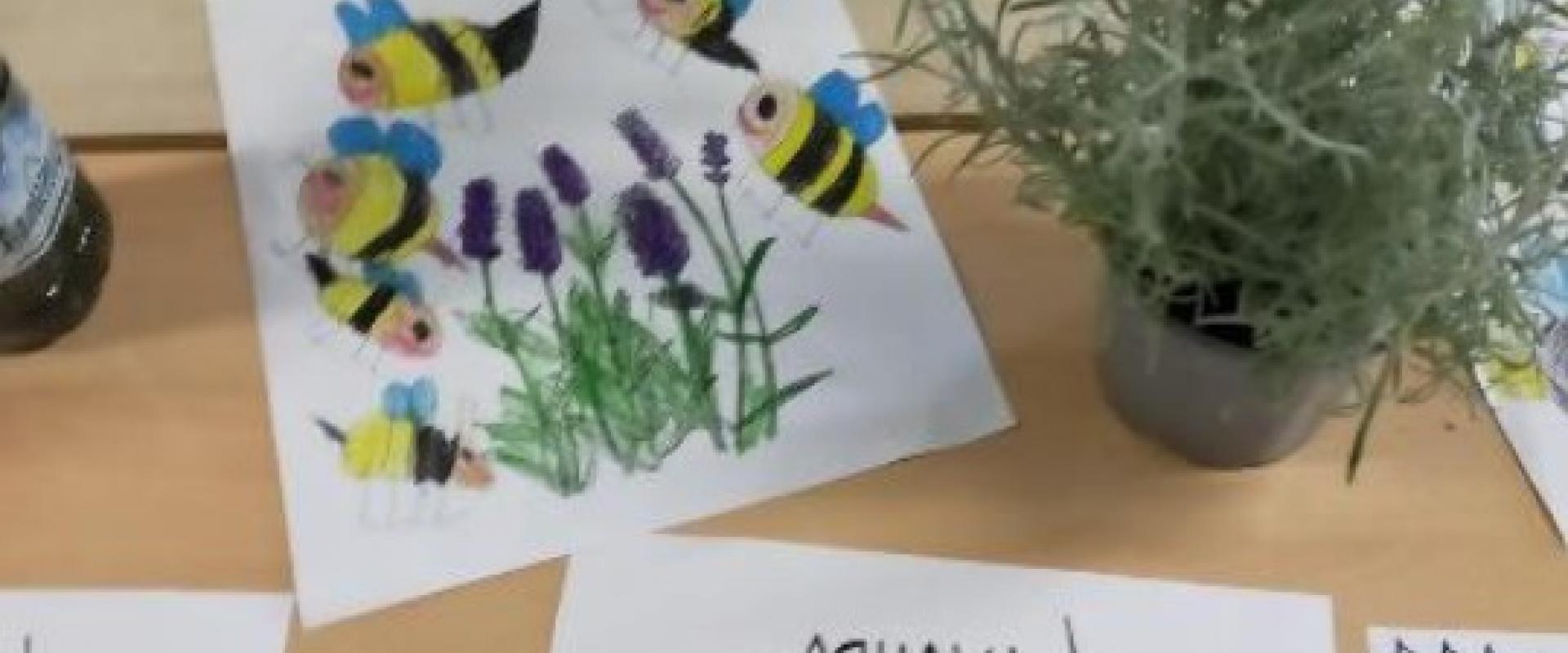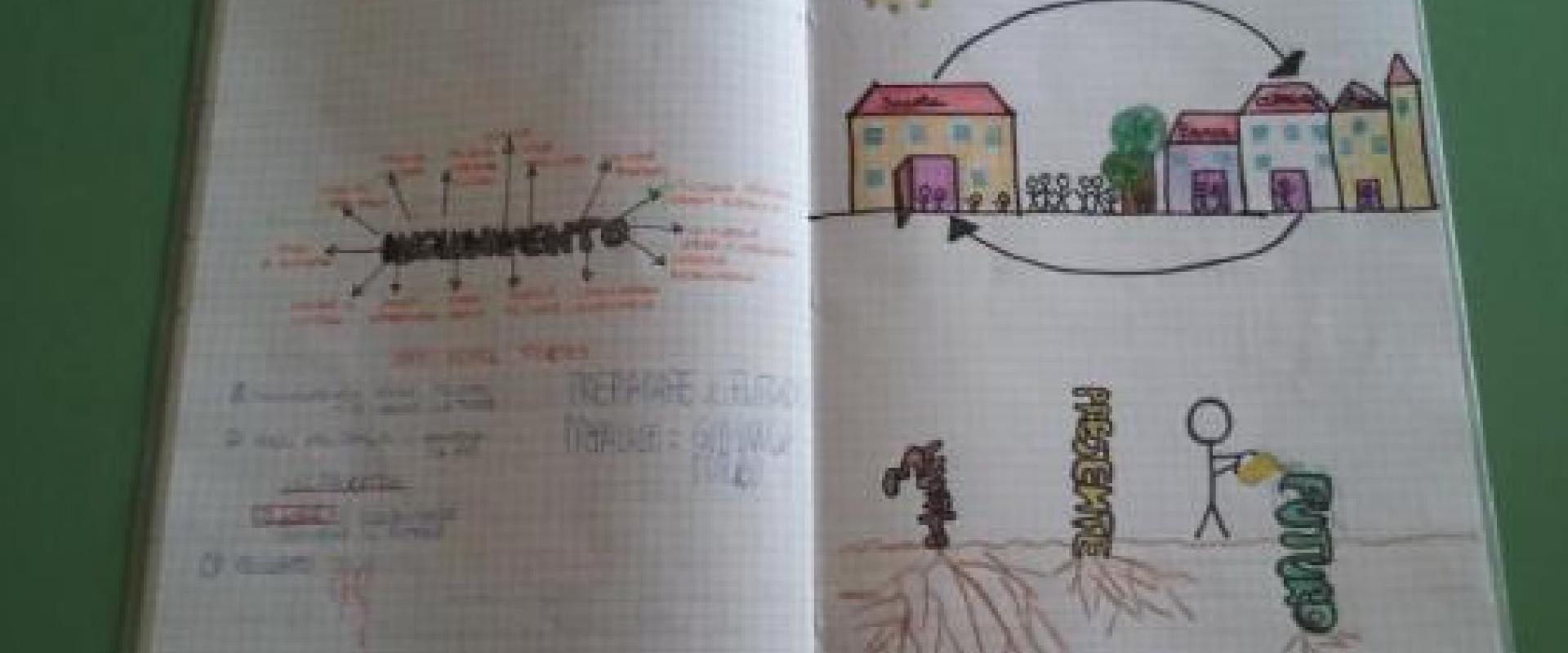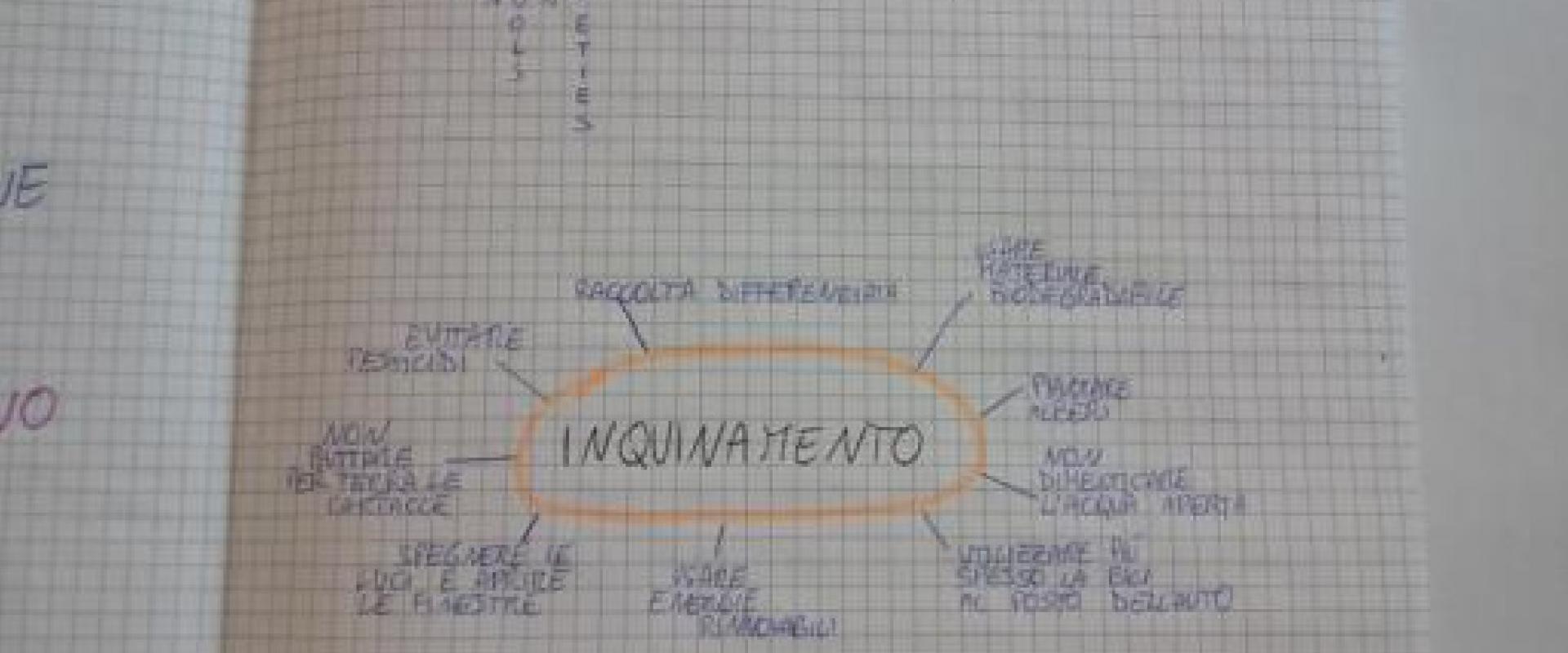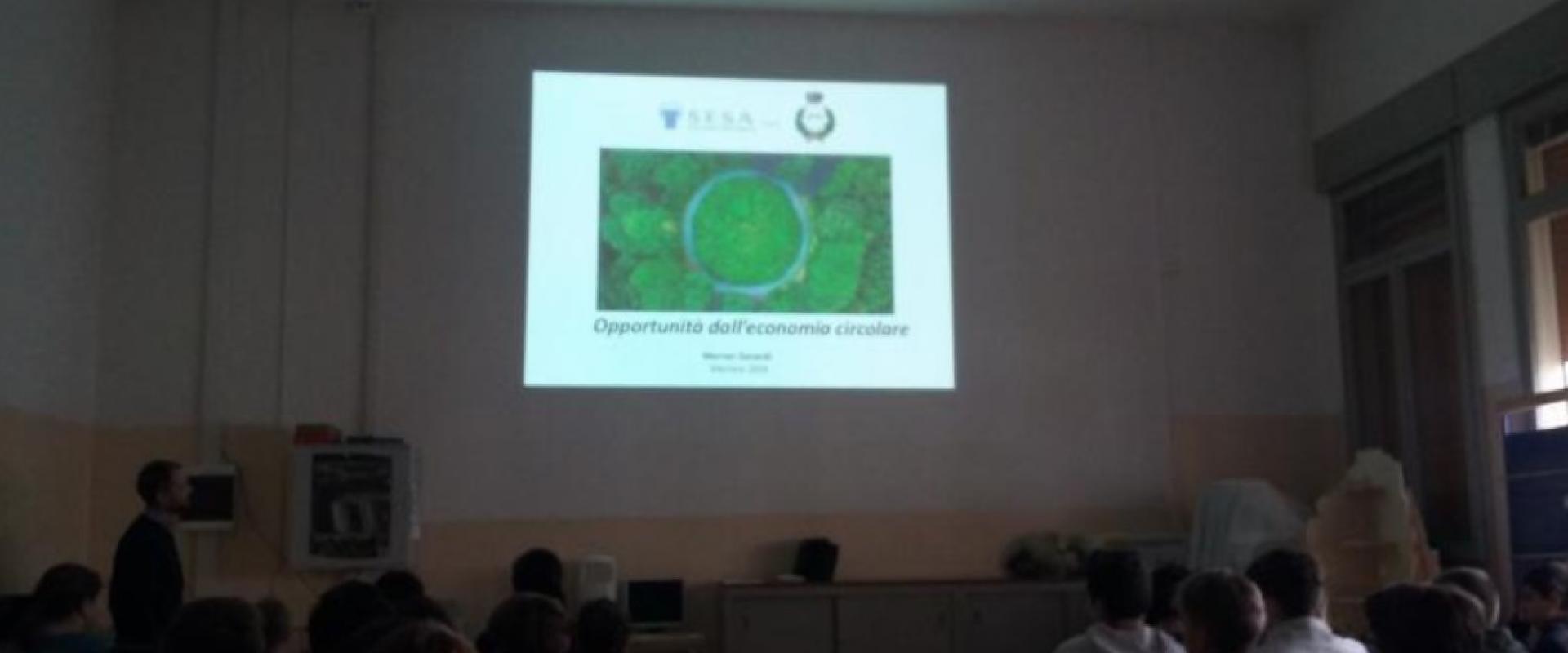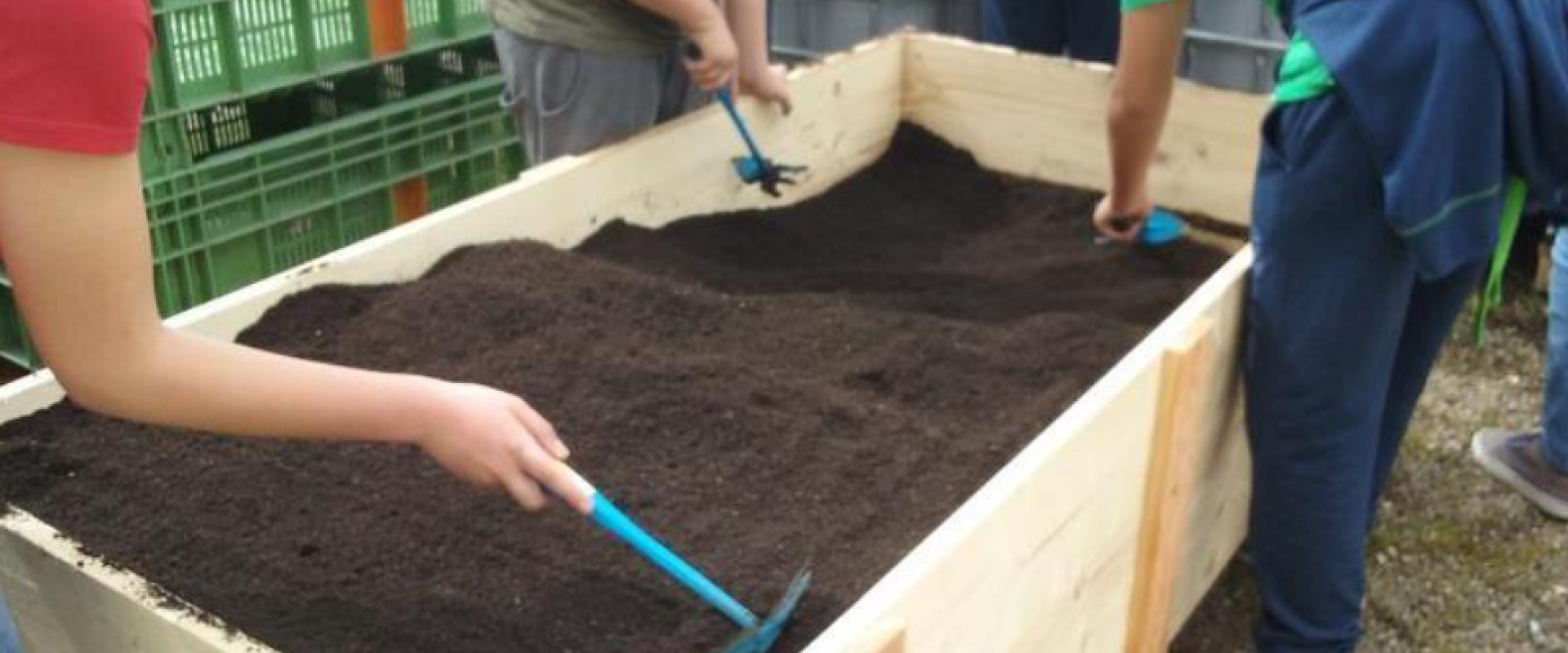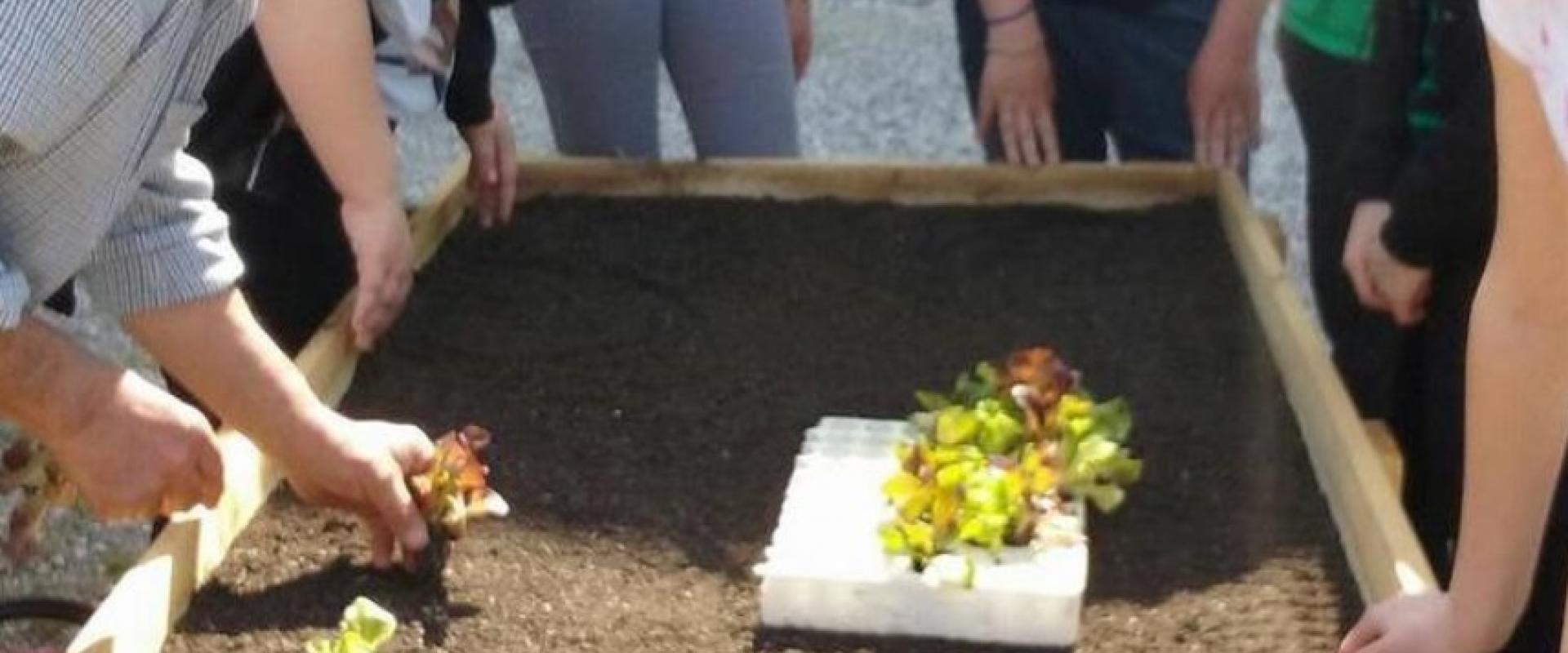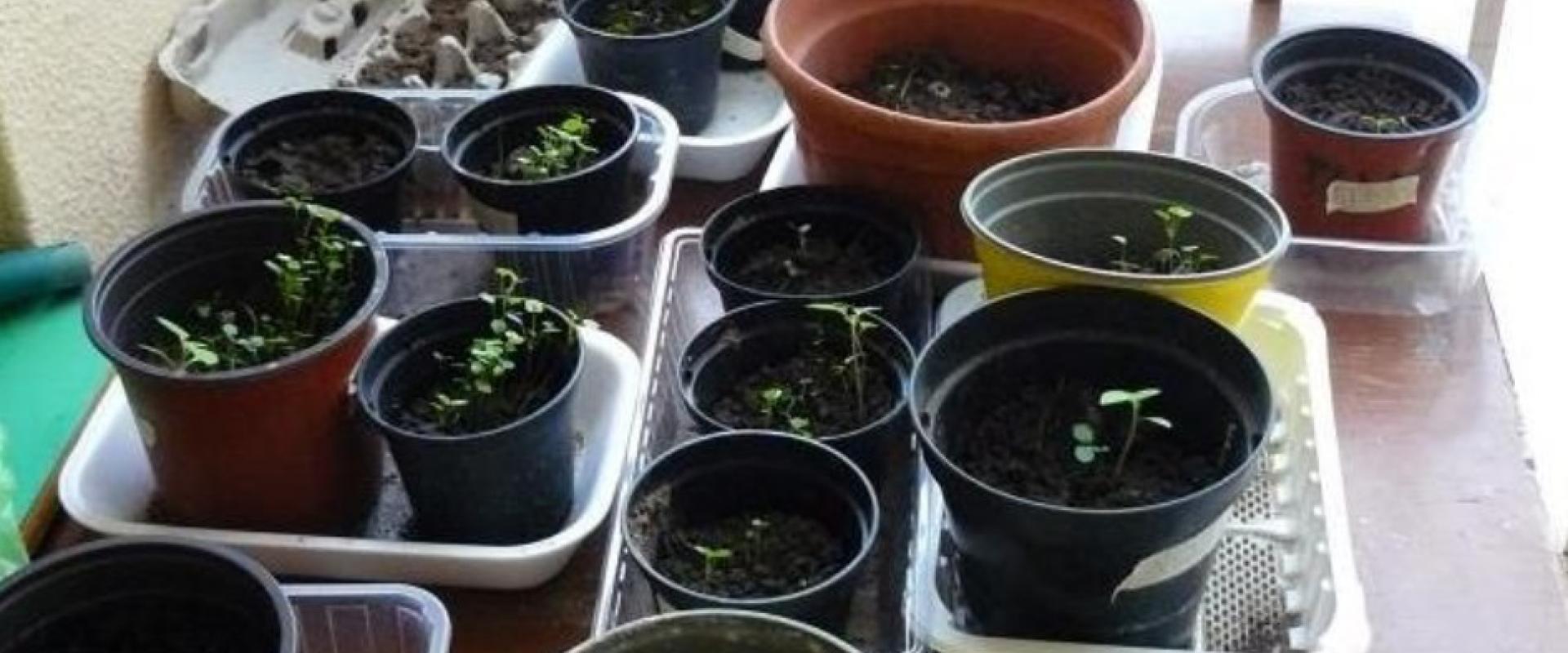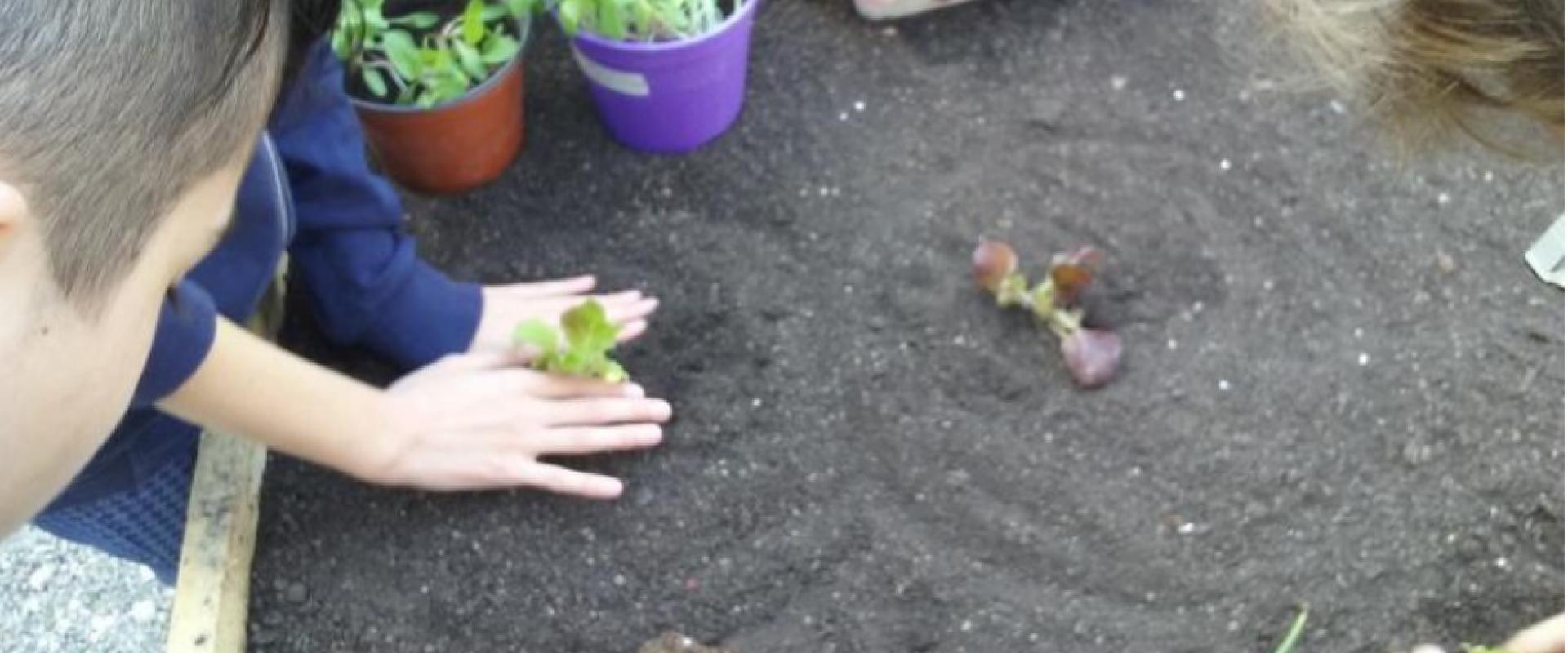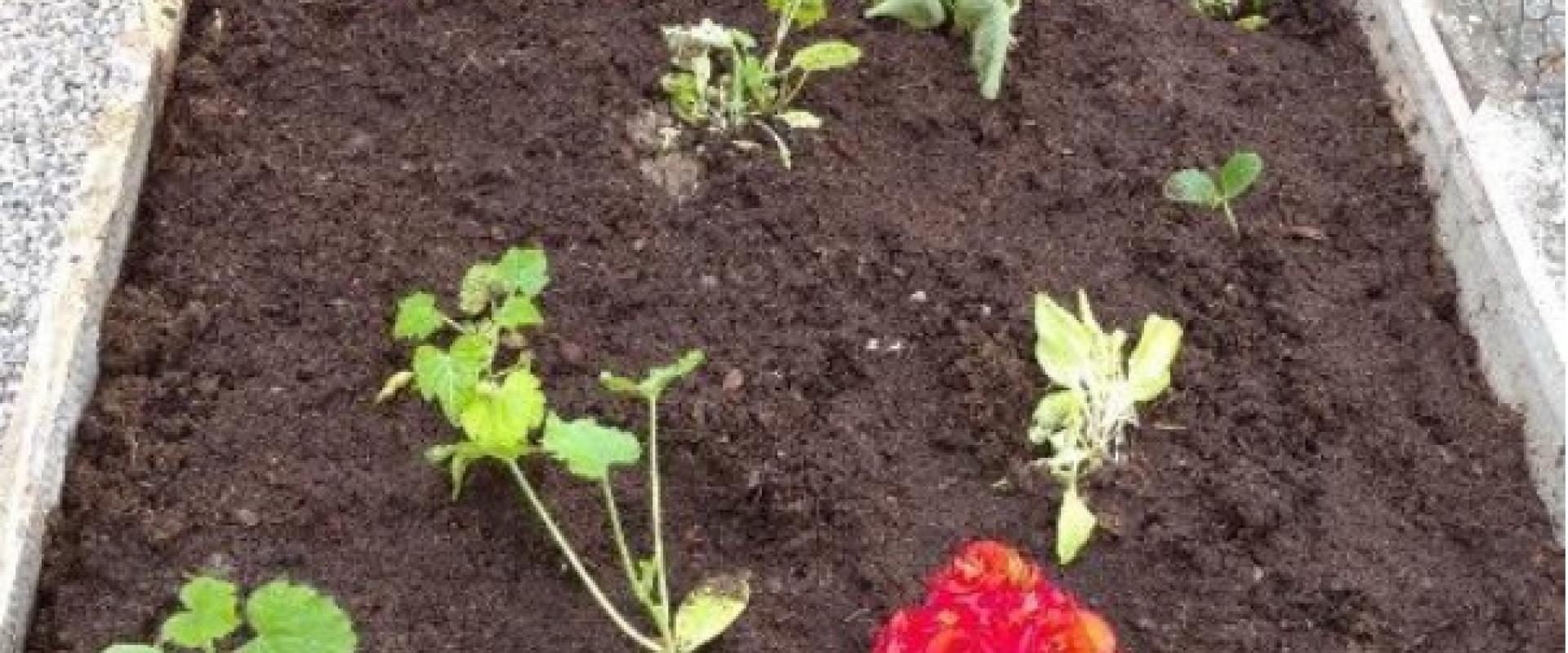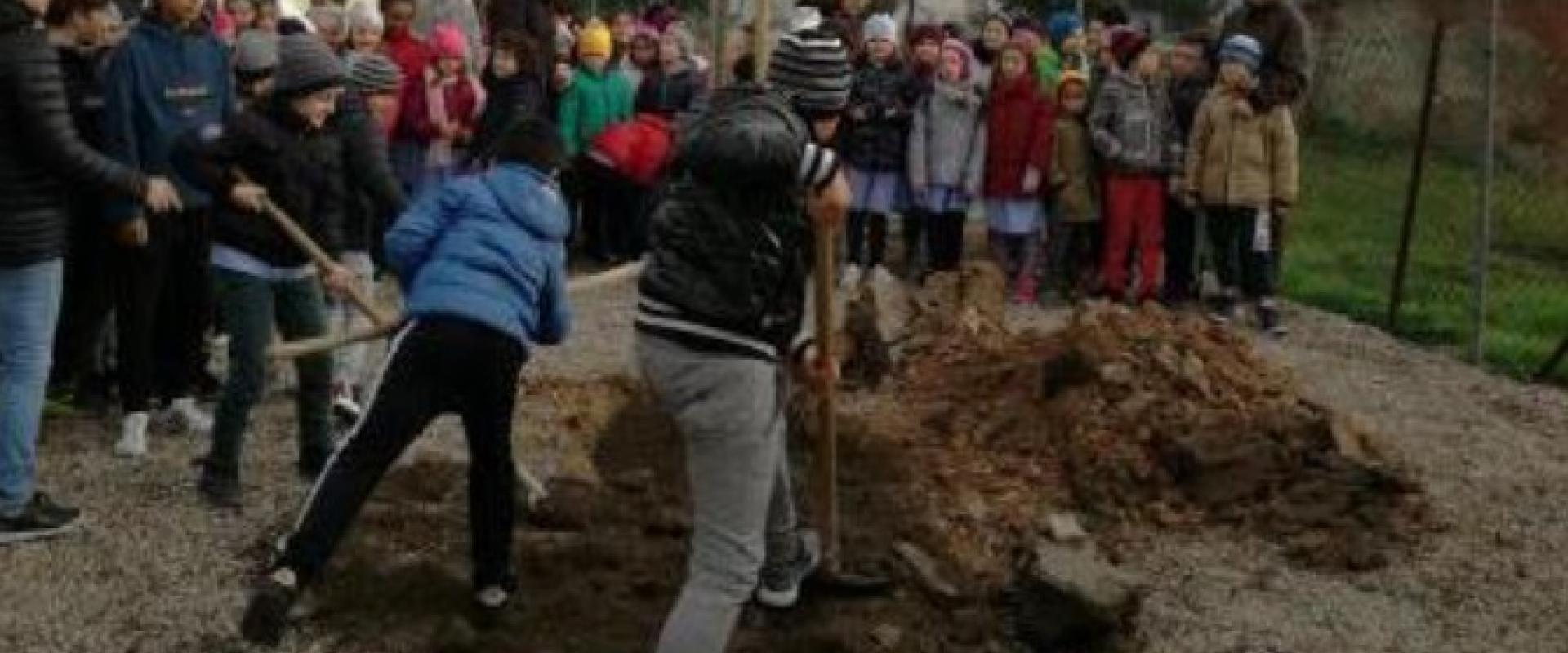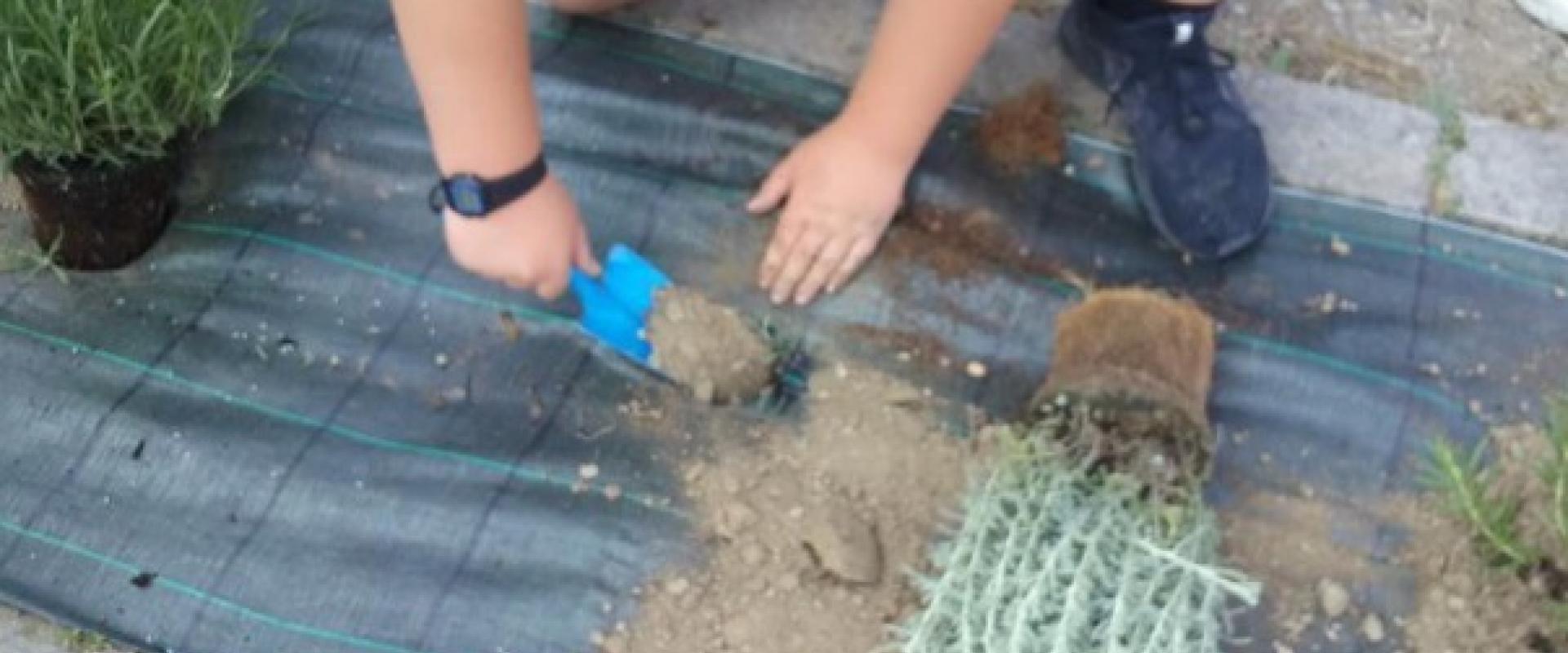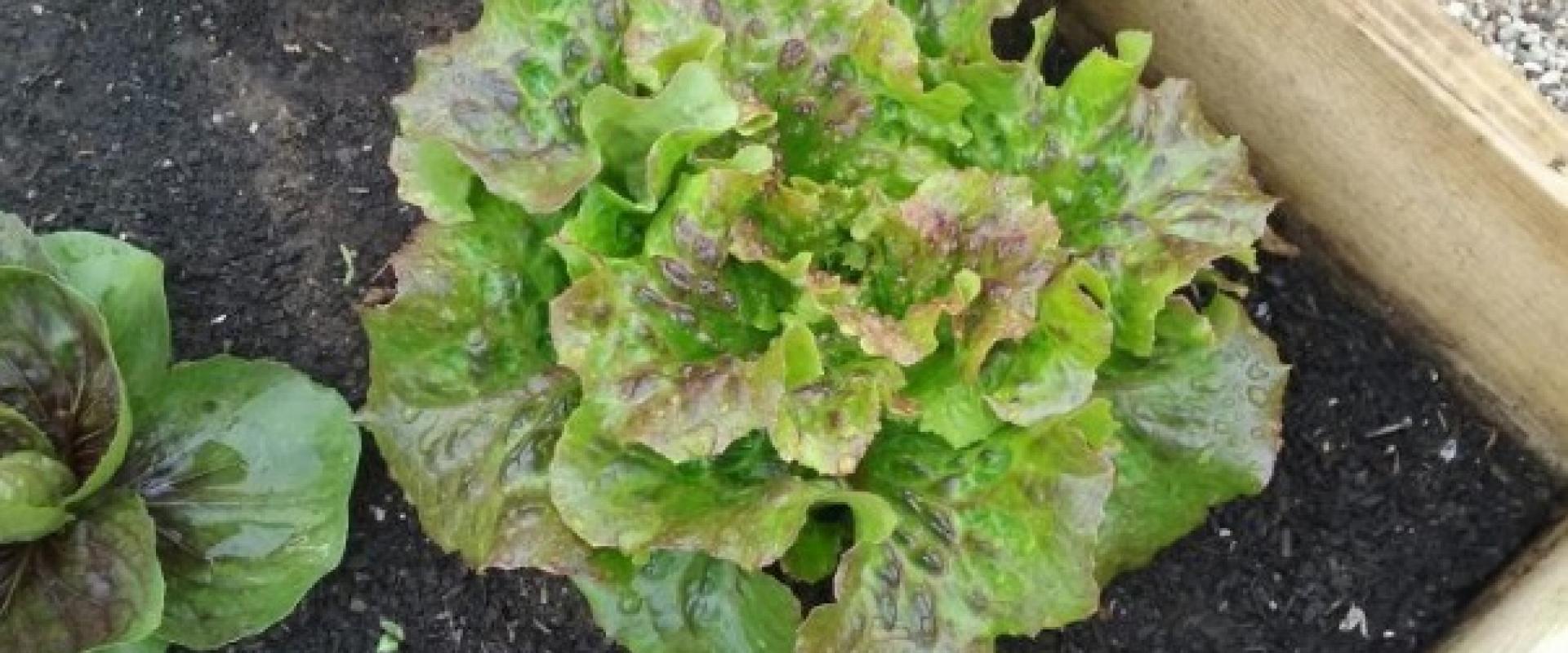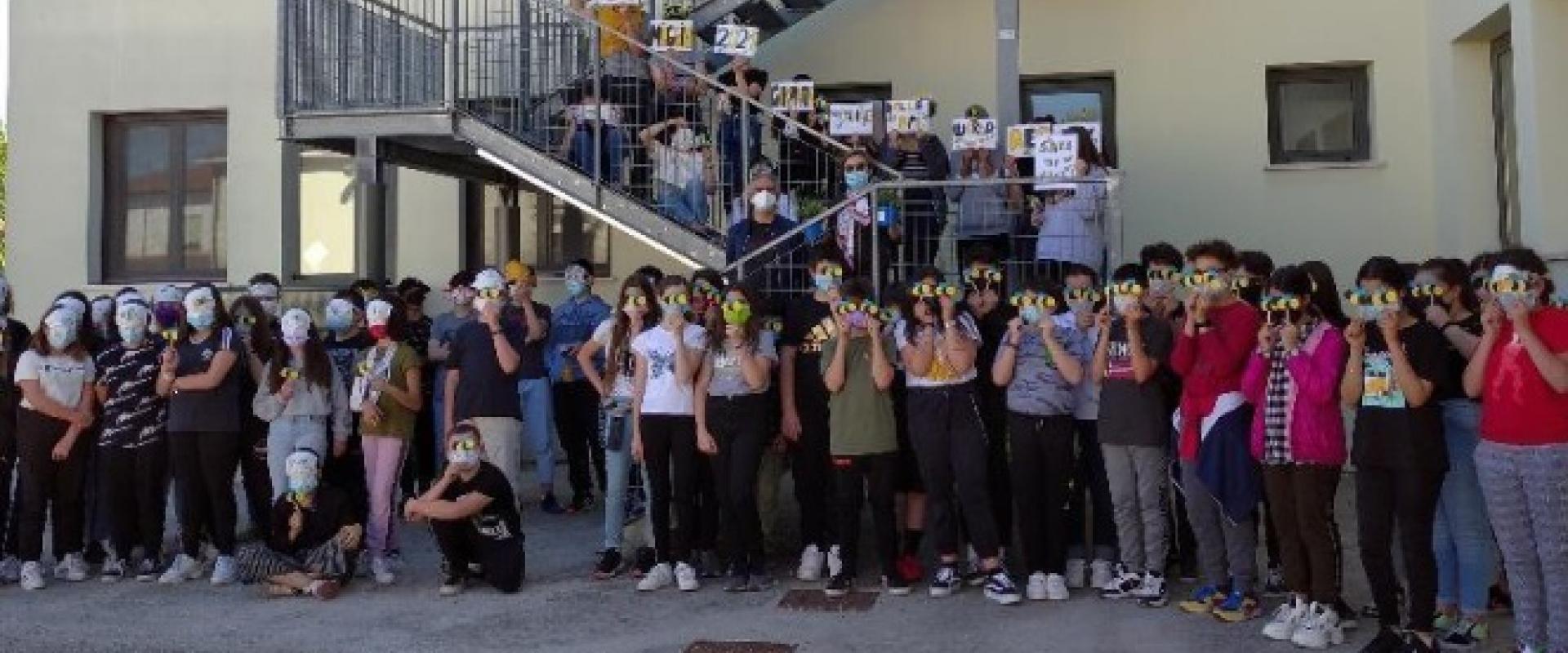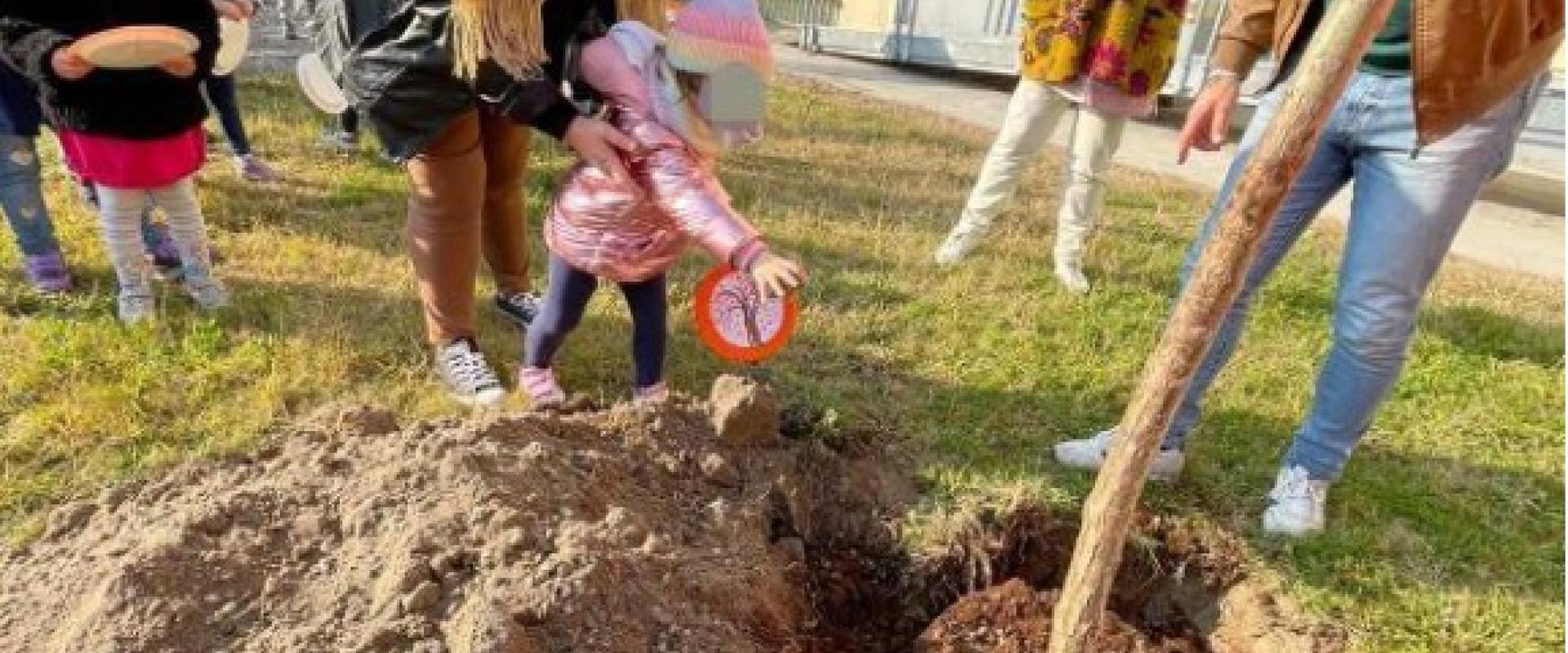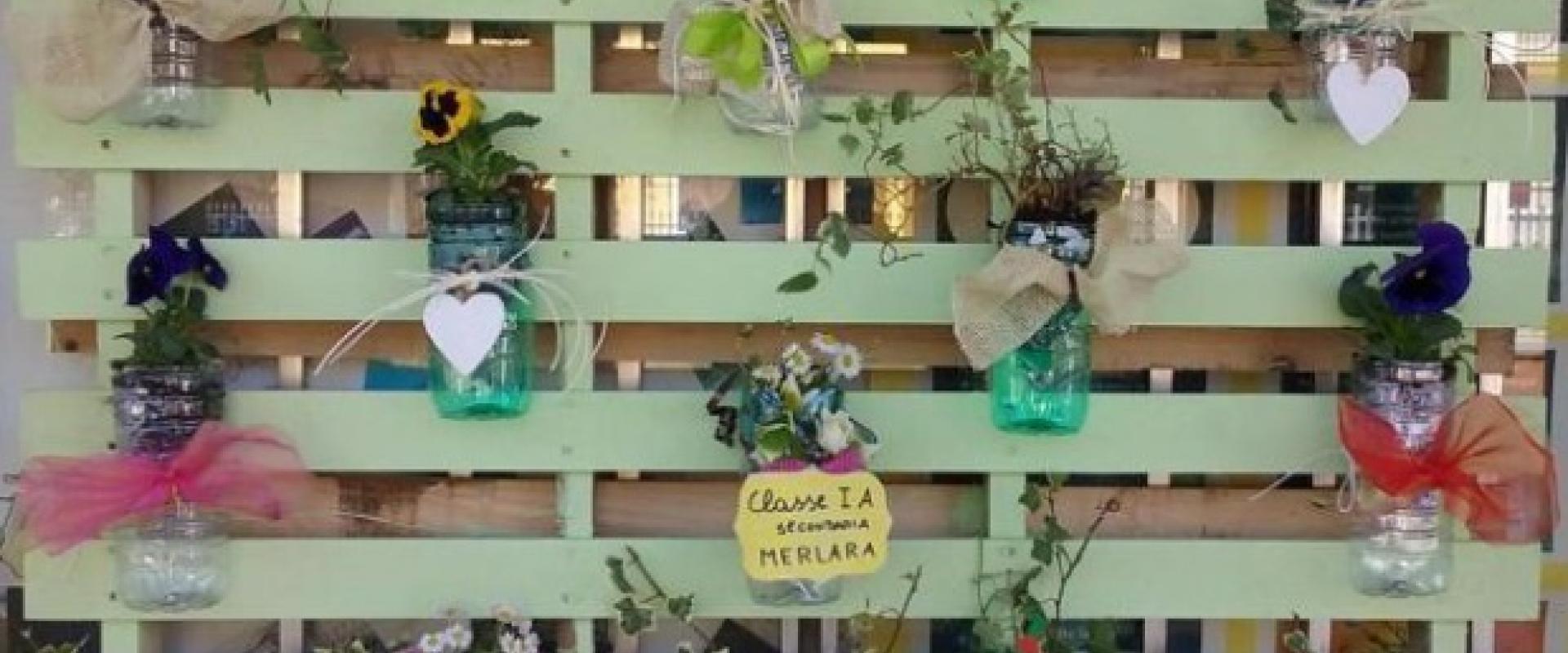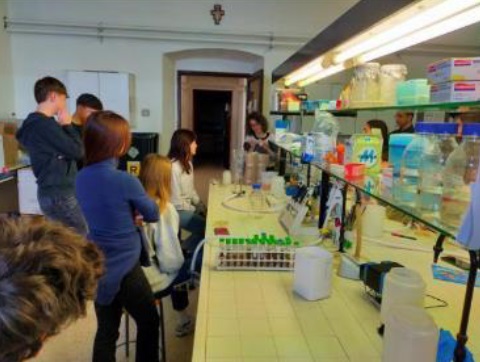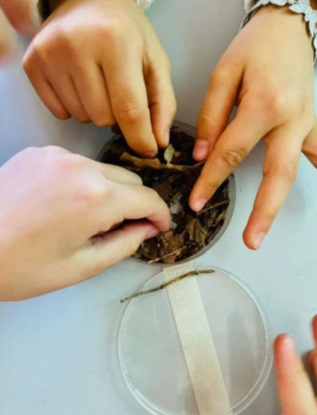Open Schools for Open Societies
Description
Age of pupils: 11-14
The aim of the project is to raise awareness of environmental issues, organic farming and the consumption of seasonal and zero-km products. In a nutshell, we grow vegetables organically in wooden crates.
Target: It’s a recurring program and it’s dedicated to 11-14 years old students. 60 students were involved.
Activities
Our activities started in spring 2018 when our school joined the international OSOS (Open School for Open Societies) project. Together with the pupils we had to identify a local problem and propose concrete solutions also with the input of local authorities, families, etc. Among the various problems, pollution was chosen because not only do we live in the Po Valley, but our areas are also affected by PFAS pollution. The basic idea of the project is to motivate and involve the pupils and indirectly the families and the community, through a series of inclusive practical activities generally carried out outside the classroom. Another important point is the shared activities between different school orders. In some phases of the project, we also collaborated with other European and non-European schools through e-twinning projects (etwinning platform).
Objectives
- To raise awareness of local pollution problems;
- To learn about sustainable forms of cultivation;
- To learn about the seasonality of products and the advantages of consuming zero-mile products;
- Involve pupils in hands-on, inclusive experiences of gardening and growing plants for food;
- Involve the local community in the various experiences.
The main activities carried out were:
- Celebration of the tree festival on 21 November with tree planting in the school garden;
- Celebration of World Bee Day with the planting of bee-friendly plants in the schoolyard and around the car park;
- Realization of an educational organic vegetable garden on special wooden boxes with the production of vegetables that were then taken home for consumption.
Partnership
in order to realize these activities, we availed ourselves of the fruitful collaboration of the municipal administrations, an organic farming expert and the support of S.E.S.A for the environment. In particular, the municipalities provided the bee-friendly trees and plants to be planted from year to year, while S.E.S.A. for the Environment provided us with the wooden boxes, the soil (with some compost) for the horticultural crops, and the intervention of experts who spoke to us about circular economy, waste treatment and compost production, and also provided us with free workshops on recycling materials.
Activities
The aim of the project is to raise awareness of environmental issues, organic farming and the consumption of seasonal and zero-km products. In a nutshell, we grow vegetables organically in wooden crates.
